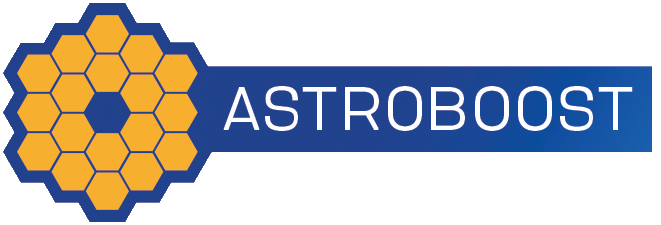Accessibility & Inclusion
Improve inclusion by making your events accessible and welcoming to a wider range of people. Even small changes can widen your reach to people who may be excluded from other opportunities in astronomy education.
Inclusive practices can and should be embedded in any and every activity you run. But if you are interested in one particular group, or want to run a special event, then the very first step is to find representatives from that group who can advise you. Ideally, they could co-design the event. Be open to changing your plans and expectations in response to their guidance.
Activities designed to be accessible to specific groups can be found on the main activity resources page.
This page is under development - please get in touch if you are aware of useful resources that can be added here.
Accessibility:
A similar style list to that linked above. There are sections for visual, hearing, motor, and intellectual disabilties. The information includes detailed advice for improving wheelchair users’ access to telescopes. This guidance is the same as that available from Stelle Per Tutti (Stars for All).
Stelle Per Tutti (Stars for All) have shared detailed designs of an eyepiece extension they designed for Shmidt-Cassegrain telecopes. The description is in Italian, but can be translated using Google translate.
A great place to start if you want to start thinking about how to make your events more accessible. There are sections on deafness, blindness, autism and mobility.
A quick note about deafness and hearing loss: this is a very diverse group. People who have been deaf from birth and use sign language as their first language are likely to have very different access requirements and preferences from people who experienced hearing loss later in life.
Inclusion:
AstroBoost’s overview of girls and women in astronomy, with practical tips for combating the idea that physics is for boys. Includes a link to an award-winning series of short videos about making amateur astronomical society events welcoming to girls.
If you know any other resources that should be here, please get in touch!
I’m especially interested to know of anything that your society has used in practice and that you have found worked for you.

